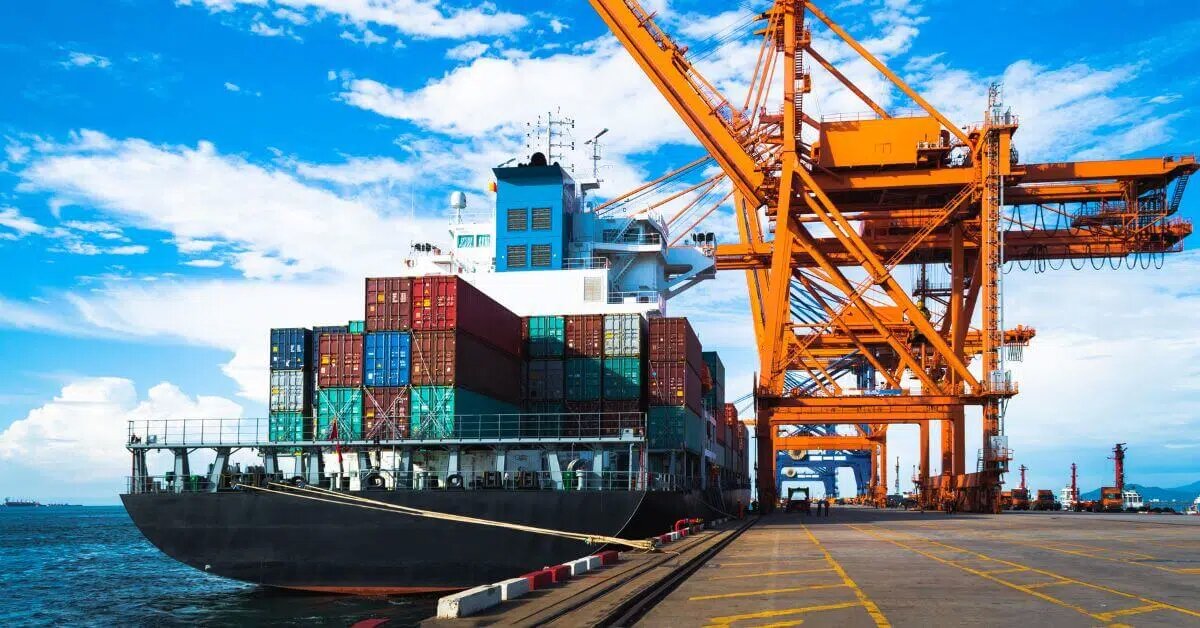Bangladesh’s state-run energy company Petrobangla is grappling with overdue payments to liquefied natural gas (LNG) suppliers, as an interim government seeks to tackle a dollar shortage, reform pricing to recover costs of gas sold downstream and expand its outreach on public tenders, according to sources interviewed by ICIS.
As the global LNG markets remain tight, the unresolved debts are prompting concerns that suppliers could reduce or halt spot procurements, which would have severe consequences for Bangladesh’s energy security.
“For the debt, it’s not possible right now to pay it off,” said a source familiar with the matter said to ICIS on condition of anonymity.
“We have financial constraints… there are a lot of outstanding payments.”
Despite this, the source emphasised that the situation is not as bleak as been reported, stating that “payment has improved since December.”
Petrobangla and the Ministry of Finance did not respond to requests for comment.
In its most recently awarded tender that closed on 2 March, Bangladesh paid $/MMBtu TotalEnergies for a 9-10 March cargo, nearly two dollars above the ICIS East Asia Index (EAX) in early March. Since the start of 2025, Bangladesh has managed to buy six cargoes out of 23 sought through tenders , some re-issued, up to 9 March, according to ICIS LNG Edge.
The most recent tender saw RPGCL issue seek two cargoes with one cargo for 25-26 March and one for 30-31 March that closed on 9 March at 1000 and 1005 local time respectively, according to a website notice on 6 March.
WORKING ON THE PROBLEM
Petrobangla and the government are working with multilateral lenders to secure dollar loans and funding to reduce arrears and reform energy policies that cover the subsidised costs of LNG imports. They have also moved to work with private commercial banks alongside government-owned ones.
Sources said that LNG-import arrears are being whittled down to around $340 million now, from levels at about $455 million earlier this year.
The sales and purchase terms for spot LNG cargoes to Bangladesh typically allow a payment window of around two weeks, though some suppliers may extend it to as much as 25 days.
Among companies that participate regularly in Bangladesh LNG tenders—TotalEnergies, Gunvor, Vitol and Excelerate Energy—prices offered to RPGCL are at a premium to benchmark Asian levels because a credit premium is applied.
Sources said Petrobangla has faced pressure from sellers to clear outstanding payments for spot LNG cargoes or forfeit monetary guarantees with the state bank. ICIS contacted Vitol, Gunvor and QatarEnergy who either offered no comment or did not reply.
CAUSE AND EFFECT
The ongoing payment crisis stems from Bangladesh’s shrinking foreign currency reserves, which have fallen sharply in the wake of rising commodity prices and global inflationary pressures.
These economic challenges, paired with high LNG prices could create a double whammy for the country.
When probed on burgeoning debt, risk premiums and suppliers confidence, no forthcoming plans on repayment emerged, but a source pointed at the transitions taking place in politics.
Meanwhile, Petrobangla continues to issue tenders, somewhat regularly.
“Yes, the tenders are being reissued as we are not getting cargoes at a ‘convenient price’, causing us to have to re-tender,” the source explained. “Both factors—high asking prices from suppliers and low bidding interest” are causing tenders to go unawarded and re-issued.
Despite the difficulties, Bangladesh has managed to run its two terminals with no incidents so far this year after a series of snafus last summer.
The source stated that Petrobangla continues to receive its contracted long-term cargoes “regularly” and there has not been a halt of contracted deliveries, given that the company has not “crossed an extreme limit that would lead to delivery stoppage”.
Looking ahead, Petrobangla is cautiously optimistic.
“We are looking towards securing March cargoes. But we still have hope,” the official said, when speaking to ICIS late February.
A Petrobangla source said plans for 2025 are for 115 LNG cargoes with 59 from the spot market and 56 from long-term suppliers, which if reached, a 33% increase from 2024.
Last year, Bangladesh imported 86 LNG cargoes — 56 from long-term suppliers and 30 from spot market, the official added.
The country started importing spot cargoes in 2020, to cover gas shortages that resulted from a depletion of domestic gas reserves. But Petrobangla must rely on government subsidies to sustain imports. The government has increased domestic gas prices but these are still insufficient to cover the cost of LNG imports.
Source: ICIS by Liz Ng,






